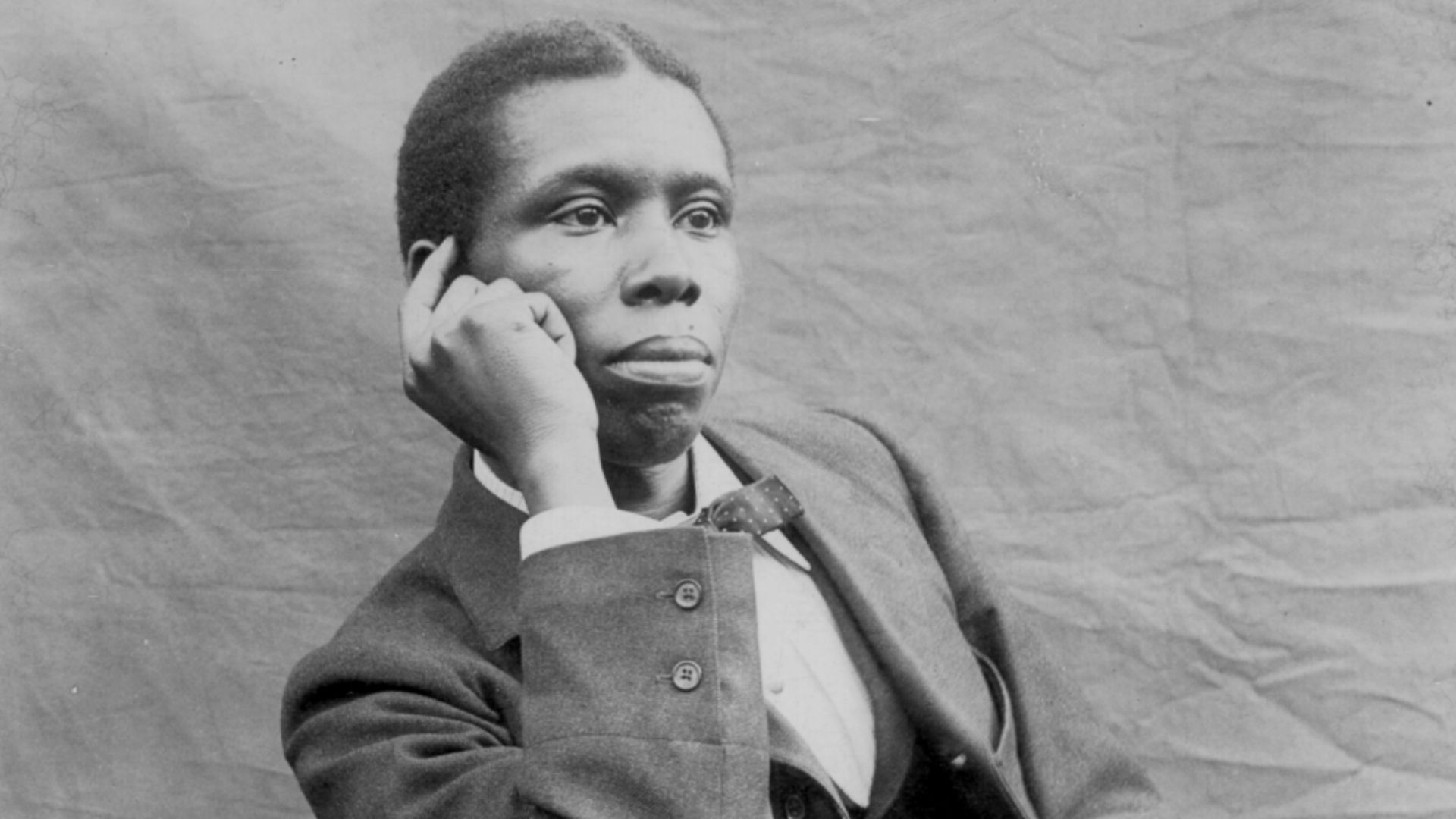Life's Tragedy Poem by Paul Laurence Dunbar
Life's Tragedy
It may be misery not to sing at all,
And to go silent through the brimming day;
It may be misery never to be loved,
But deeper griefs than these beset the way.
To sing the perfect song,
And by a half-tone lost the key,
There the potent sorrow, there the grief,
The pale, sad staring of Life's Tragedy.
To have come near to the perfect love,
Not the hot passion of untempered youth,
But that which lies aside its vanity,
And gives, for thy trusting worship, truth.
This, this indeed is to be accursed,
For if we mortals love, or if we sing,
We count our joys not by what we have,
But by what kept us from that perfect thing.
Let the poet take my pleasure and praise; his notes are high and logical. This poem, especially the first stanza, is a masterpiece of the month for me! ! !
and I don`t understand why so low votes. namely I put 10, because I think it`s a real poem, but not boring, just need to get the idea the author tried to deliver. i think he took farer about falling short. for sometimes 2+2 is not 4. in life it goes bit different way than in mathematics. bright and memorable work!
The greatest tragedy is not to fall short of perfection but not to try for it. Should it not be: 'And by a half-tone lose the key.'
A very fascinating poem containing much melancholy. This great poem of the late great Northamerican poet deserves more accolades. His words are so very keen, His message in the poem is so clearest, in fact in all his poems. Applause for the great late poet
t is a powerful poem, in which he explores the transience of life and the inevitable death. The poem evokes a sense of melancholy and reflects on the fragility of human experiences. Dunbar uses evocative language to emphasize the tragic nature of human existence.
The late famous poet ended his great poem with these lines: We count our joys not by what we have, But by what kept us from that perfect thing. Excellent and so very true!
A Great Classic Poem Of The Day. Congratulations to the family of the late famous poet. His poems are a constant pondering about the issue. Excellent poem with a most important theme.5 Stars Full
This poem has not been translated into any other language yet.
I would like to translate this poem
Now this is lovely! ! ! !